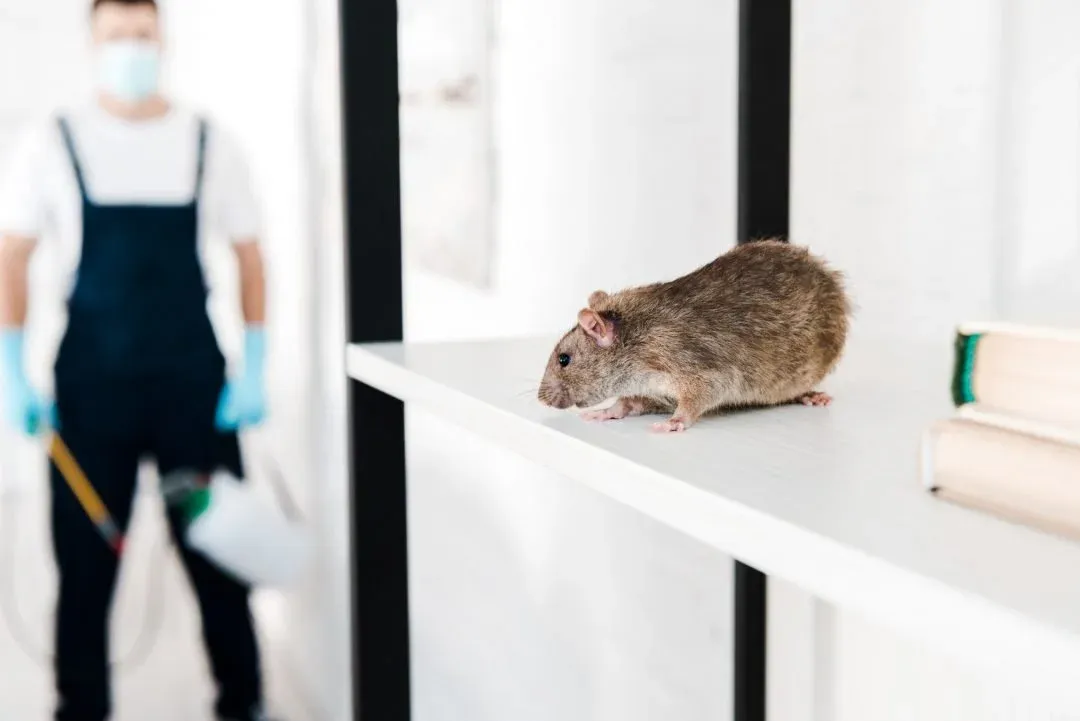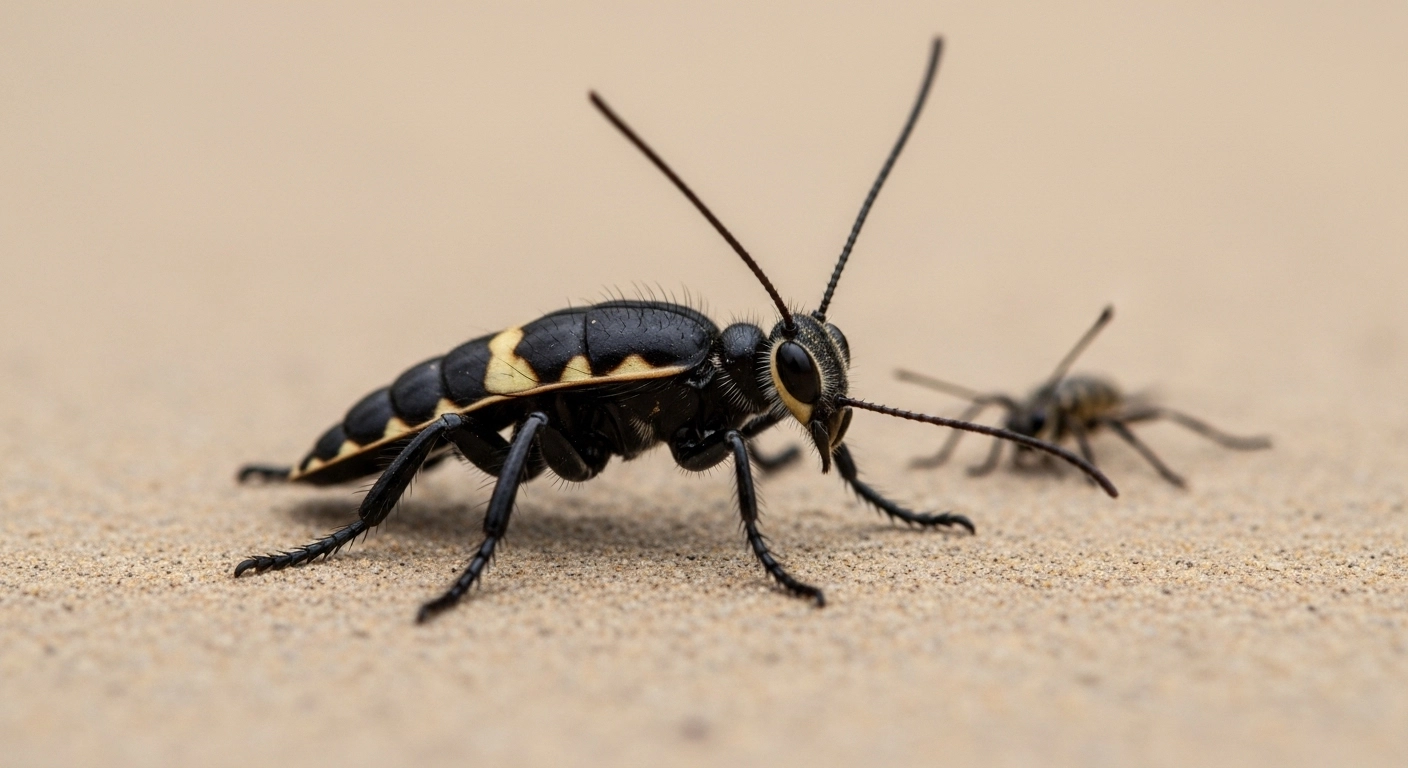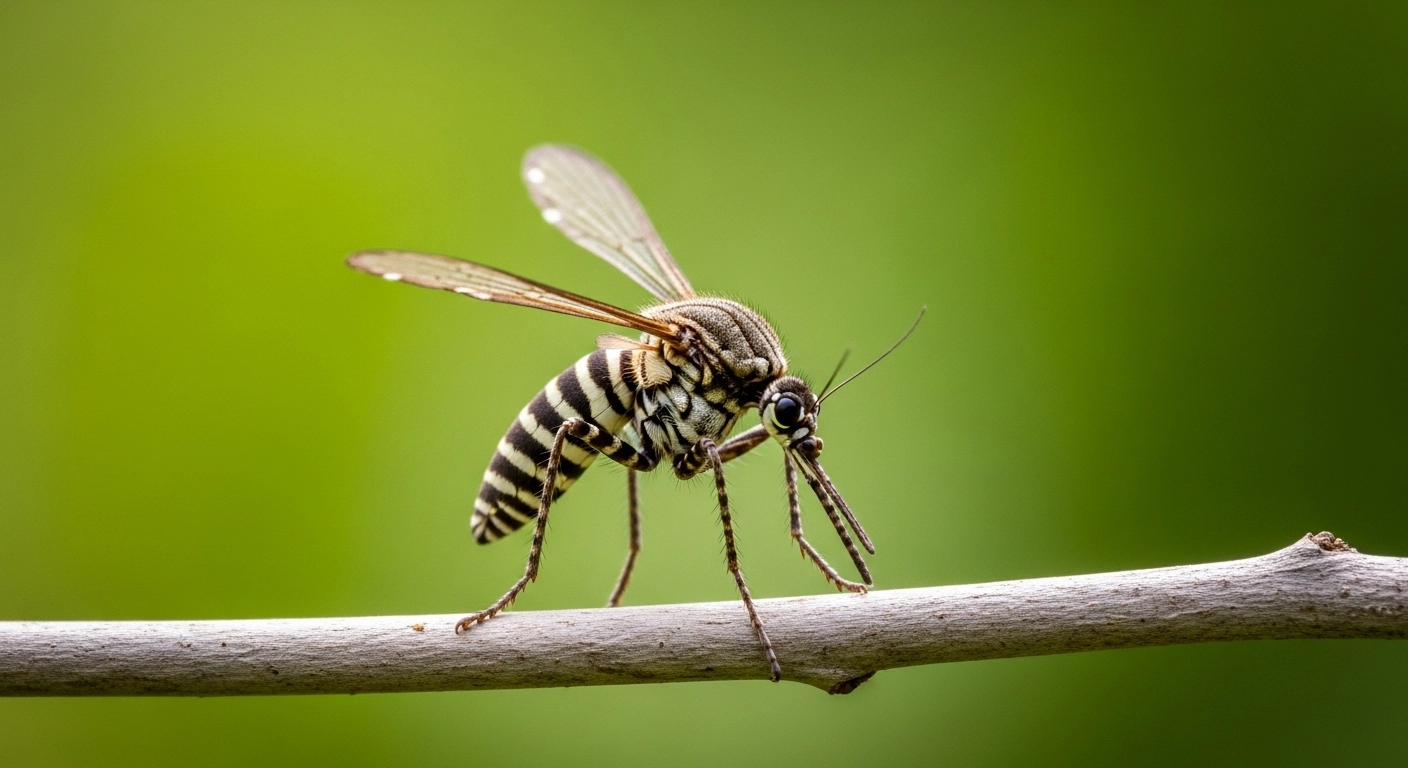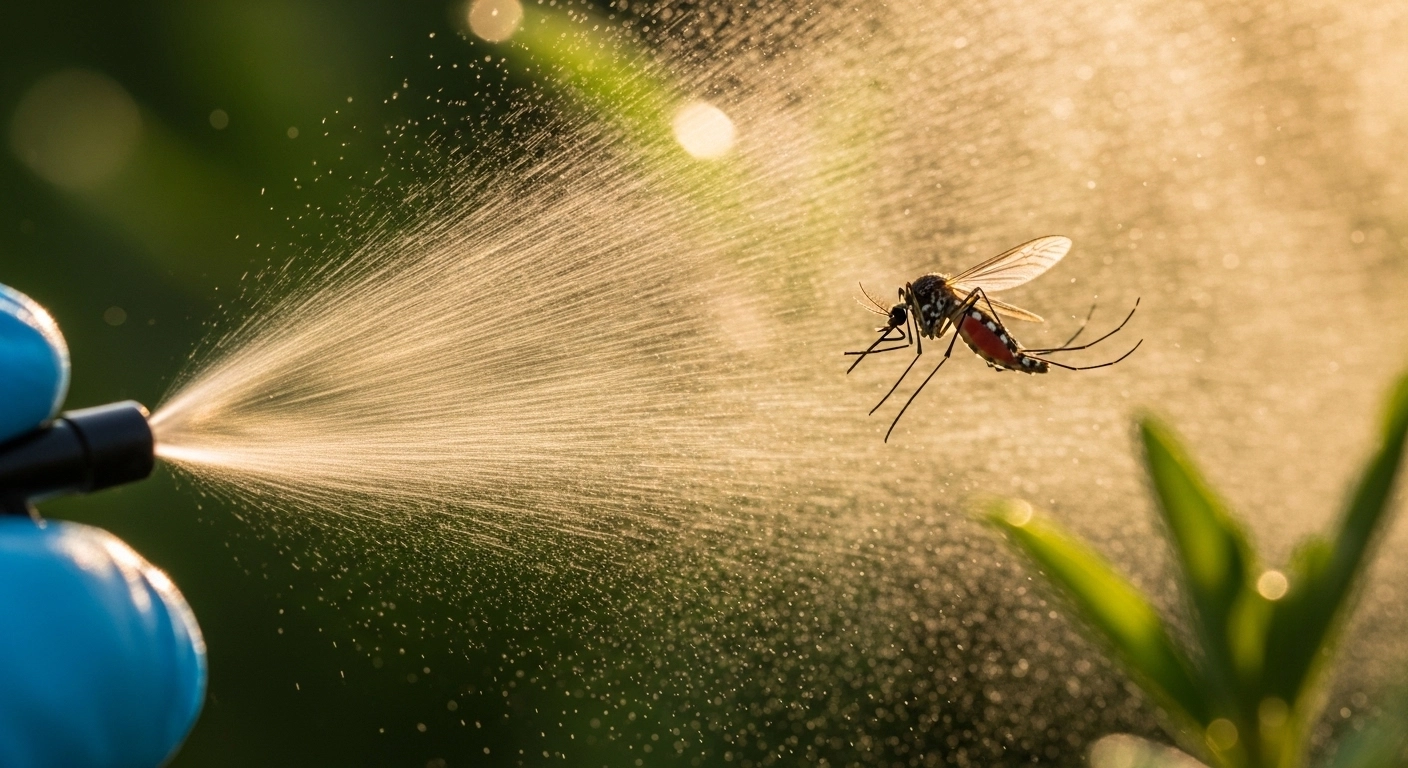Can Pest Control Get Rid of Mice?
Mice are one of the most common and annoying pests that can invade your home or business. They can carry and spread diseases, contaminate your food, and damage your property. If you have a mouse problem, you may be wondering if pest control can get rid of them for good.
The answer is yes, but it depends on the severity of the infestation and the effectiveness of the methods used. Professional pest control companies offer a range of options for eliminating mice, including traps, baits, poisons, and exclusion. However, not all methods work equally well for all situations, and some may require multiple applications or follow-up visits.
In this article, we will explain how pest control can get rid of mice, what factors affect the success of the treatment, and what you can do to prevent mice from coming back. We will also answer some frequently asked questions about mouse control and provide some useful tips and resources.
Key Takeaways
- Pest control can get rid of mice, but the success depends on the severity of the infestation and the effectiveness of the methods used.
- Professional pest control companies offer different options for mouse control, such as traps, baits, poisons, and exclusion.
- The best method for your situation depends on several factors, such as the type and number of mice, the size and layout of your property, and your budget and preferences.
- To ensure lasting results, you need to follow the pest control company’s instructions and recommendations, such as sealing gaps and holes, eliminating food sources and moisture, and maintaining good sanitation.
- You can also use some natural or DIY methods to supplement professional pest control, such as peppermint oil, steel wool, or ultrasonic repellents.
How to Choose the Best Pest Control Method for Mice
There are many factors that can affect the success of pest control methods for mice. Some of these factors include:
- The type and number of mice you have. Different species of mice may have different behaviors, habitats, and resistance to pesticides. For example, house mice are small and agile, and they tend to live in walls, attics, and cabinets. They can also reproduce quickly and adapt to changing environments You may need to use different methods or products depending on the type and number of mice you have.
- The size and layout of your property. The larger and more complex your property is, the more difficult it may be to find and treat all the possible entry points and hiding places of mice. You may need to use multiple methods or products to cover all the areas where mice can enter and nest.
- Your budget and preferences. Some pest control methods may be more expensive or inconvenient than others. For example, exclusion may require professional service and structural modifications, while poisons may pose a risk to pets or children if ingested. You may also have concerns about the safety or environmental impact of some pesticides. You may need to weigh the costs and benefits of each method and choose the one that suits your needs and preferences best
To help you choose the best pest control method for mice, here is a table that compares some of the most common options:
| Method | Pros | Cons |
|---|---|---|
| Traps | Effective for short-term control; can kill or capture mice; can monitor the level of infestation; non-toxic; inexpensive | May not eliminate all mice; may need frequent checking and disposal; may cause injury or stress to mice or humans |
| Baits | Effective for long-term control; easy to use; low toxicity; minimal odor; can kill the entire colony | May take several days to work; may not attract all mice; may lose effectiveness over time; may pose a risk to pets or children if ingested |
| Poisons | Fast-acting; can kill on contact; can deter mice from entering or hiding; can reach hard-to-access areas | May not kill all mice; may need frequent reapplication; may have high toxicity; may have strong odor; may contaminate food or surfaces |
| Exclusion | Eco-friendly; non-toxic; odorless; can prevent mice from entering or nesting in your property | Expensive; may require professional service; may damage property structure; may not prevent reinfestation |
How to Prevent Mice from Coming Back
Even after you get rid of mice with pest control methods, you need to take some preventive measures to keep them from coming back. Here are some tips to prevent mouse infestations:
- Seal any gaps or holes in your walls, floors, ceilings, doors, windows, pipes, or wires that can serve as entry points or hiding places for mice. You can use caulk, foam, mesh, or steel wool to seal the gaps
- Eliminate any food sources and moisture that can attract mice. Store your food in airtight containers, clean up any spills or crumbs, dispose of your garbage regularly, fix any leaks or drips, and dry up any wet areas
- Maintain good sanitation and hygiene in your property. Sweep and mop floors regularly, including under and behind furniture and appliances. Vacuum carpets and rugs frequently. Wash dishes and utensils after every use. Wipe down counters and tables with vinegar or bleach to sanitize them
- Use some natural or DIY methods to supplement professional pest control. For example, you can soak cotton balls with peppermint oil and place them around your property to repel mice with their strong scent. You can also stuff steel wool into cracks and crevices to deter mice from gnawing through them. Another option is to plug in an ultrasonic repellent device that emits high-frequency sounds that annoy mice but are inaudible to humans and pets.
Frequently Asked Questions about Mouse Control
Here are some common questions that people have about how to get rid of mice:
| Question | Answer |
|---|---|
| How do I know if I have a mouse infestation? | Some signs of a mouse infestation include seeing live or dead mice, finding droppings or urine stains, hearing scratching or squeaking noises, noticing gnaw marks or holes on food packages or materials, smelling a musty odor, or finding nests made of shredded paper or fabric. |
| How long does it take to get rid of mice? | The time it takes to get rid of mice depends on the severity of the infestation and the effectiveness of the method used. It may take anywhere from a few hours to a few weeks to completely eliminate mice from your property. |
| Are mice harmful to humans? | Mice can be harmful to humans in several ways. They can carry and spread diseases, such as hantavirus, leptospirosis, and salmonellosis. They can also trigger allergies and asthma, especially in children. They can also contaminate food and surfaces with their droppings, urine, or saliva. |
| How do mice get into my property? | Mice can get into your property through various ways, such as gaps or holes in the structure, pipes or drains, vents or ducts, or hitchhiking on items or people. They can also migrate from neighboring properties, especially in rural areas or multi-unit buildings. |
| What are the best times to apply pest control methods for mice? | The best times to apply pest control methods for mice are when they are most active and vulnerable. Mice are nocturnal, so they are more likely to come out at night to look for food and water. They are also more susceptible to cold and dry weather, so they are more likely to seek shelter during the winter or dry seasons. |




